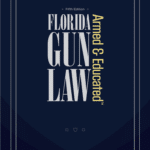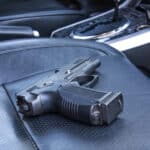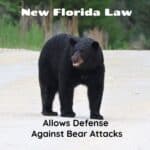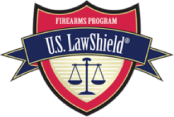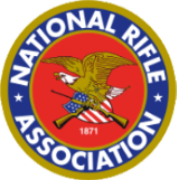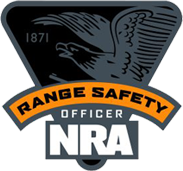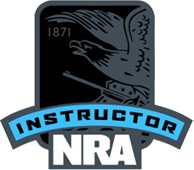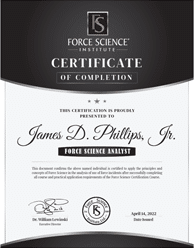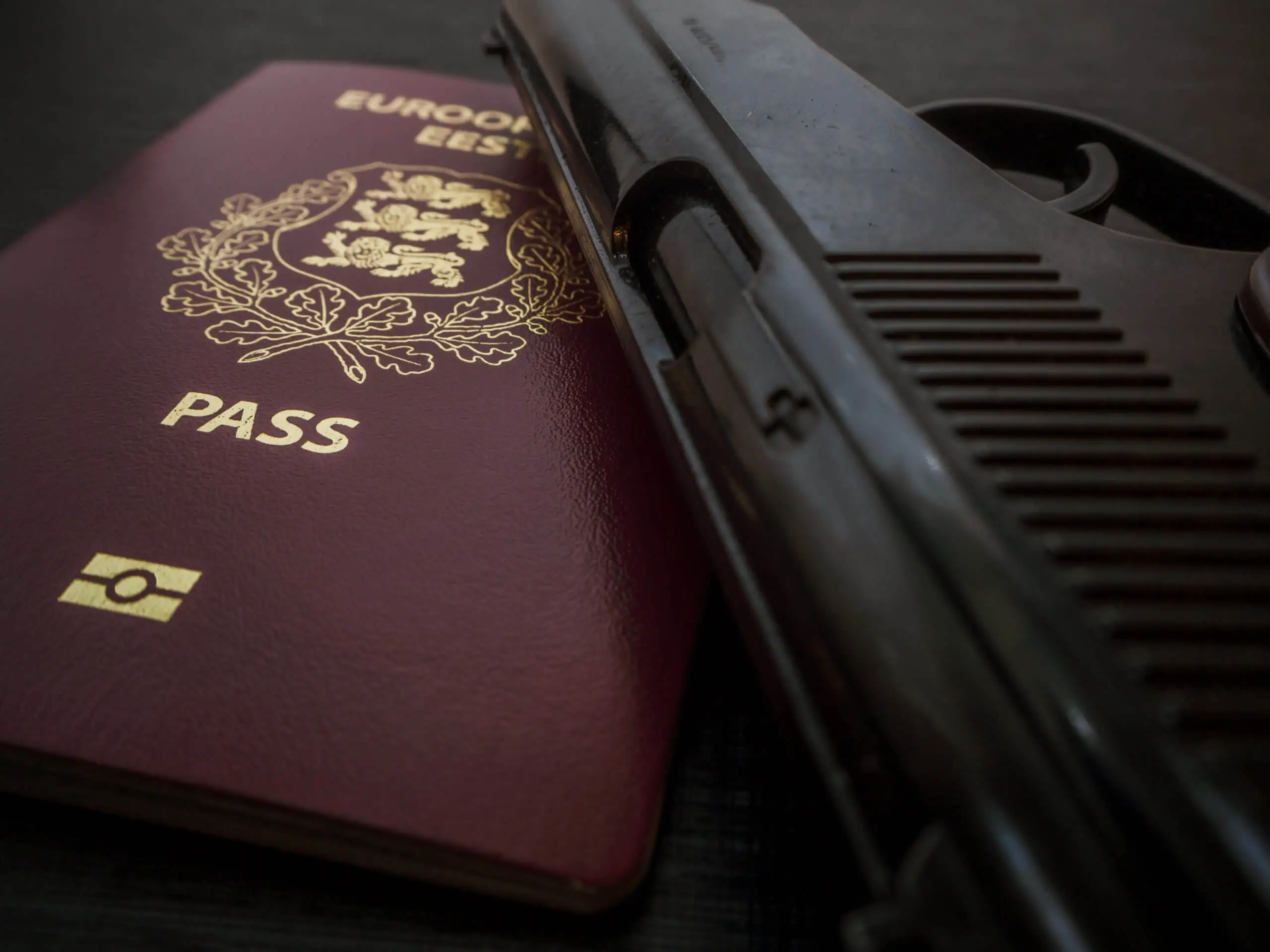
- November 28, 2022
- |
- Carry Laws,Gun Laws,Possession of firearms
Can a Noncitizen Possess a Firearm in Florida?
Noncitizens and the Right to Possess Firearms
Federal law prohibits the possession of a firearm or ammunition by a person who is not a citizen or national of the United States and who is unlawfully in the U.S. or who has been admitted to the U.S. under a nonimmigrant visa. There are exceptions for nonimmigrant visa holders who are: 1. Admitted to the U.S. for lawful hunting or sporting purposes or for persons in possession of a hunting license lawfully issued in the U.S.; 2. Certain government officials; 3. Certain law enforcement officers entering the U.S. on official law enforcement business; or 4. Persons who receive a waiver from the Attorney General. Plainly stated, a person in the United States without legal status, may not have in his or her possession a firearm or ammunition. In addition, persons admitted to the U.S. under a nonimmigrant visa may not possess a firearm or ammunition unless an exception applies.
Along with federal laws, one must also be mindful of state statutes. There are various states that have enacted their own laws prohibiting the possession of a firearm or ammunition by certain noncitizens. States such as Rhode Island and Virginia may impose criminal punishment on certain noncitizens who are found guilty of possessing a firearm. Hence, a noncitizen may be convicted under both federal and state statutes. Other states, such as Florida and Georgia, have no such statutes. However, all states must comply with federal law.
As a non-citizen, how do I know if I am prohibited from possessing a firearm?
If you are present in the United States without legal status, you cannot possess a firearm or ammunition. This may include persons who have not been lawfully admitted or paroled into the U.S., recipients of Deferred Action for Childhood Arrivals (DACA), persons with deportation or removal orders, and those who have violated the terms of their visa. The prohibition also applies to persons who entered the United States lawfully but no longer hold lawful status. Further, if you submitted an application for adjustment of status, it is recommended that you wait until your lawful immigrant status is granted. It is also important to note that work authorization alone does not grant an individual with lawful status. However, an Employment Authorization Document (EAD) will indicate the eligibility category for which the benefit was granted. Therefore, an EAD may be a good place to start in determining your immigration status, albeit not dispositive.
What is a nonimmigrant visa?
A nonimmigrant visa is granted to foreign nationals in order to enter the U.S. for a specified amount of time and for a specified reason, such as temporary work or tourism. This means that the visa beneficiary has no intention of remaining in the United States and must strictly abide by the terms and limitations of the visa. Some of the most common types of nonimmigrant visas are granted for Exchange Visitors (J), Tourism and Vacation (B-2), Students (F), and Crewmembers (D). If you were admitted to the United States under a nonimmigrant visa you may not possess firearms or ammunition unless one of the previously mentioned exceptions applies to you.
What if I hold an immigrant visa?
Immigrant visas are provided to persons who intend to live and work permanently in the United States. An intending immigrant becomes a lawful permanent resident once the immigrant visa and accompanying paperwork is endorsed by a Custom and Border Patrol Officer (CBP) or immigrant status is granted by U.S. Citizenship and Immigration Services (USCIS) or an Immigration Judge. In this case, the prohibition of firearms and ammunition does not apply. However, an immigrant visa holder must comply by the terms of the visa regardless of whether or not immigration officials have taken the steps to revoke the visa. Therefore, it is important to understand that the right to possess a firearm may terminate before the visa expiration date.
A violation of federal or state firearm statutes can lead to both criminal and immigration consequences. Therefore, it is imperative to understand the terms of your status as a noncitizen in the U.S. before engaging in any firearm activity.
Are you a U.S. citizen but not a Florida resident traveling to Florida with your firearm? Read our article on traveling to Florida with your firearm. Click here.
The information provided in this article is intended to provide general information to individuals and does not create a client-attorney relationship.
Get in touch

"*" indicates required fields
Copyright © 2022-2025 The Firearm Firm All rights reserved.

